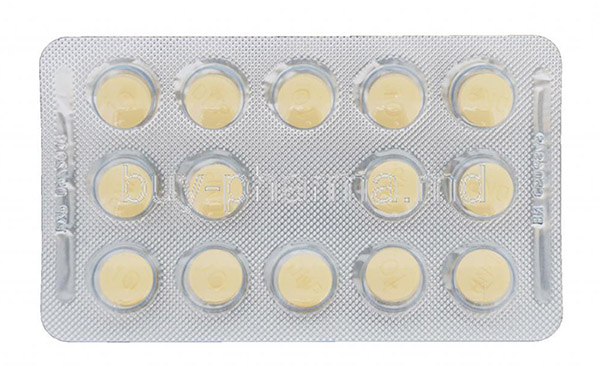

A new study has found that a drug commonly used to manage symptoms of Alzheimer’s disease and other dementias — donepezil — is associated with a two-fold higher risk of hospital admission for rhabdomyolysis, a painful condition of muscle breakdown, compared to similar medications.
Dementia is a growing problem in our aging society, with almost 10 million patients worldwide given a new diagnosis each year.
The study, led by researchers at Western University's Schulich School of Medicine & Dentistry and Lawson Health Research Institute, looked at ICES data from 2002 to 2017 on 220,353 patients aged 66 years or older in Ontario, Canada, with a new prescription for donepezil, rivastigmine or galantamine, three cholinesterase inhibitors used to manage dementia and Alzheimer disease.

Donepezil is a drug that can improve symptoms of dementia. This can be critically important for patients and their families. For this reason donepezil is the leading drug of its kind used for treatment and in 2013 more than 2 million prescriptions were dispensed in Canada.
As suggested by regulatory agencies, the researchers found that donepezil was associated with a two-fold higher risk of hospitalization for rhabdomyolysis, a serious condition that can result in kidney disease.
“The relative risk was small but statistically significant, and most hospital admissions were not severe,” says Dr. Amit Garg, scientist at Lawson, professor at Western and site director for ICES Western.
“However, patients who are taking donepezil should not be alarmed, as reassuringly, the chance of being hospitalized with rhabdomyolysis after starting donepezil remains very low.”

Dr. Garg explains that these findings support vigilance from physicians about the possible risk of rhabdomyolysis in patients who start donepezil. “If someone presents to the hospital with rhabdomyolysis, they should look for donepezil on their medication list as a possible cause.”
He adds that if a patient starting the medication develops symptoms of new muscle aches, they should bring this to the attention of their doctor.
“If a patient is tolerating the drug and has no difficulties in the first 30 days, and they remain on the same dose, the chance they will develop rhabdomyolysis in the future would be expected to be quite low,” notes Dr. Garg. It is important that patients and their families not stop their prescription medications without speaking to their doctor.
The study, "Risk of rhabdomyolysis with donepezil compared with rivastigmine or galantamine: a population-based cohort study," was published in CMAJ (Canadian Medical Association Journal).